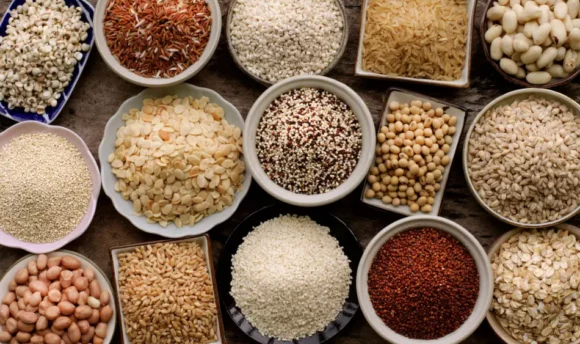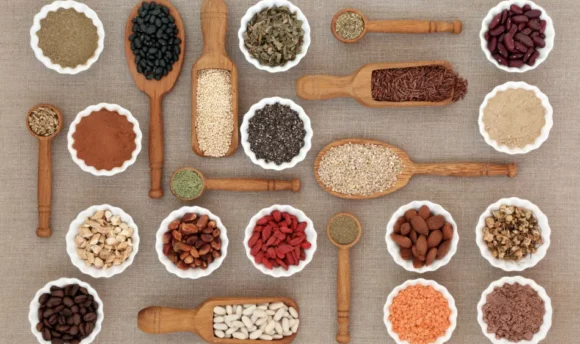30 Healthy Foods: Give Your Body What It Needs
To enjoy good health, you must eat food that provides all of the essential nutrients your body needs. Here’s a list of healthy foods you can include in your diet.

Your body requires a regular supply of energy and nutrients to maintain the structure and function of all the tissues and organs that make life possible.
The food you eat determines your health. If you choose to eat foods such as refined grains, added sugar, and processed fats, your health is going to suffer.
On the other hand, if you choose healthy foods that are rich in nutrients and contain more fiber, lean protein, and good fats, then not only will you feel healthy and energized, you will have a lower risk of chronic disease.
Below is a list of 30 foods to add to your healthy eating shopping list. It’s not a comprehensive list, but it’s a great place to start.
Fruits
Fruits are packed with crucial nutrients and fiber. Each different fruit contains varying levels of nutrients and offers different health benefits.
#1 Apples
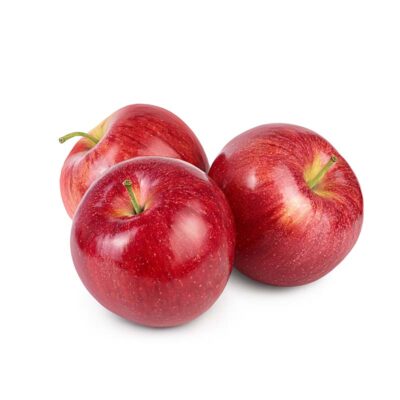
You’ve heard it said that “an apple a day keeps the doctor away.” Apples are a source of vitamin C which supports the immune system. They also contain quercetin, a powerful anti-inflammatory and antioxidant, and pectin, a soluble fiber that helps lower cholesterol levels.
#2 Bananas
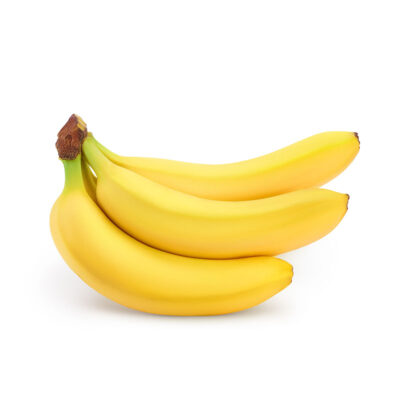
Dietary fiber, potassium, magnesium, vitamin C, and vitamin B6 are just 5 of the nutrients found in bananas. They are easy to digest and help keep the gut healthy, maintain healthy blood pressure, support muscle function, boost immunity, and regulate your appetite.
#3 Oranges
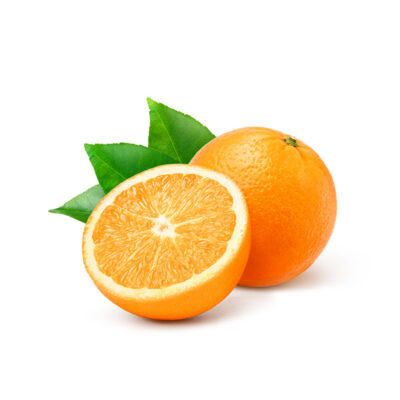
Eating oranges and other citrus fruits is a tasty way to get your daily dose of vitamin C, the immune-boosting micronutrient that also promotes the absorption of iron.
#4 Blueberries
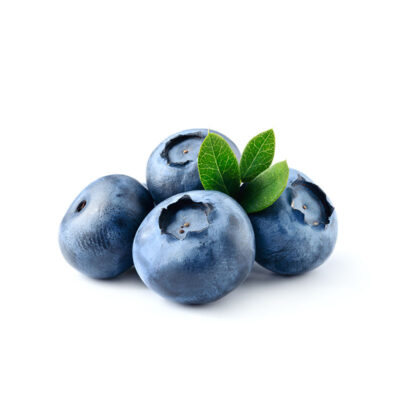
Blueberries are a rich source of important nutrients, including vitamins, minerals, fiber, and potent antioxidants. They may help improve cholesterol levels, control blood glucose, lower blood pressure, and prevent oxidative damage in the body.
Vegetables
Vegetables are top of the list of healthy foods, and you should aim to eat between 2–4 cups of vegetables per day. That’s because most are low in calories and high in nutrients and dietary fiber.
#5 Spinach
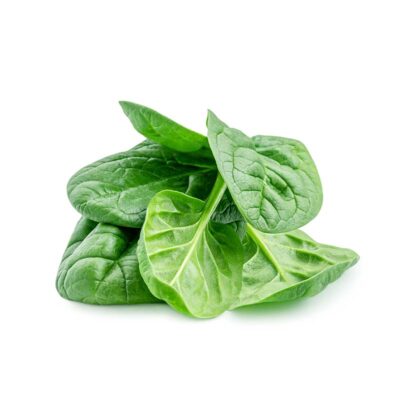
Leafy green vegetables like spinach provide your body with nutrients such as potassium, vitamin K, folate, and β-carotene. Eating spinach is associated with reduced blood pressure and improved brain health and offers several other health benefits too.
#6 Carrots
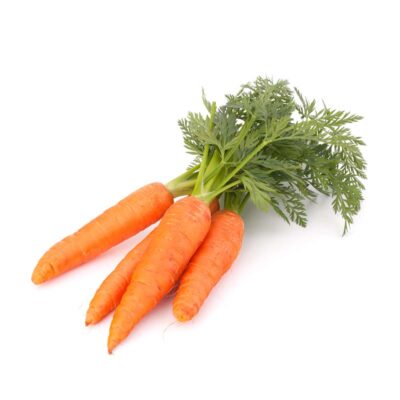
The orange color in carrots comes from β-carotene, the precursor of vitamin A. Carrots contain significant amounts of this nutrient, which helps prevent age-related macular degeneration and reduces the risk of cancer.
#7 Broccoli
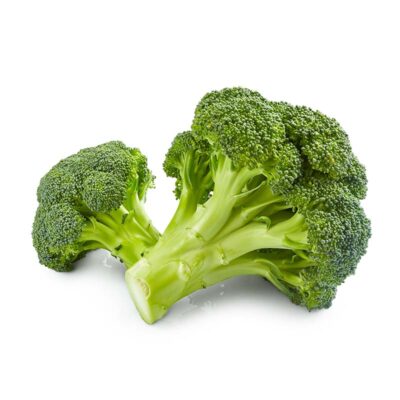
Broccoli belongs to a family of vegetables called cruciferous. It is a nutrient-dense vegetable that contains compounds called glucosinolates which have anti-cancer properties. It also contains fiber, vitamin C, vitamin K, and folate, thus supporting gut health, immunity, and healthy bones.
#8 Sweet potatoes
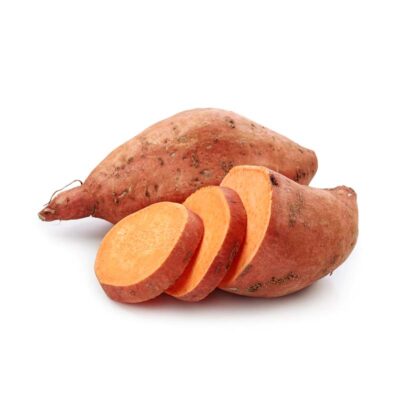
Orange sweet potatoes are a good source of β-carotene and contain more fiber than regular potatoes. Eating sweet potatoes will also boost your intake of other essential nutrients, including vitamin C, vitamin B6, and potassium.
Whole Grains
Healthy eating includes whole grains such as whole-grain bread, whole-grain pasta, oatmeal, and barley. They contain more fiber than refined grains, and they contribute to your nutritional intake with nutrients such as vitamin E, selenium, magnesium, and zinc.
#9 Oats
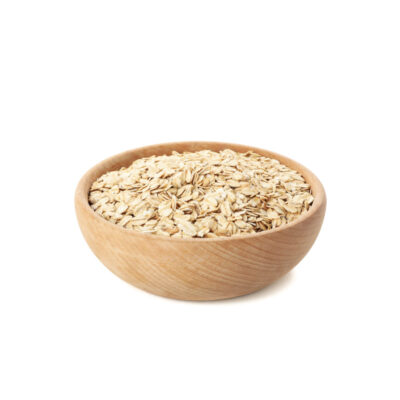
Oats are an excellent source of oat β-glucan. It is a soluble fiber that helps to control blood sugar and cholesterol levels, helping to prevent and manage diabetes and heart disease.
#10 Quinoa
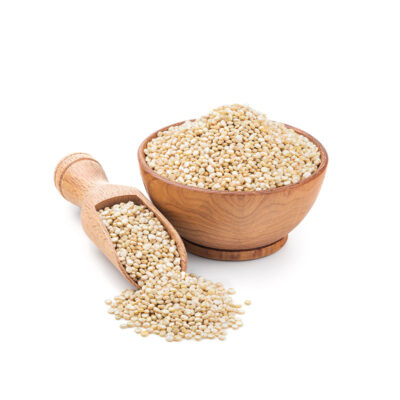
The seed of the Chenopodium quinoa plant, quinoa, is not strictly a grain. However, it should be included in your diet as a healthy, gluten-free, whole-grain food. It is a source of protein, fat, vitamins, minerals, and fiber and supports gut and heart health.
#11 Brown rice
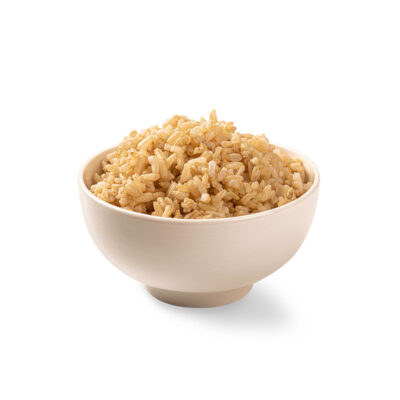
Brown rice is a tasty grain that contains numerous nutrients, including vitamins B1, B3, and B6, magnesium, manganese, phosphorus, and fiber, all of which can reduce your risk of cardiovascular disease and diabetes.
#12 Whole-wheat bread

Whole-wheat or whole-grain bread not only tastes better than bread made from refined flour, but it is also more nutritious. Food made from whole grains is rich in fiber and contains a variety of nutrients, including protein, B vitamins, magnesium, and zinc.
Dairy and Eggs
Containing saturated fat, dairy and eggs haven’t always made it onto lists of healthy foods. However, they are an excellent source of protein and contain small amounts of vitamin D.
#13 Yogurt
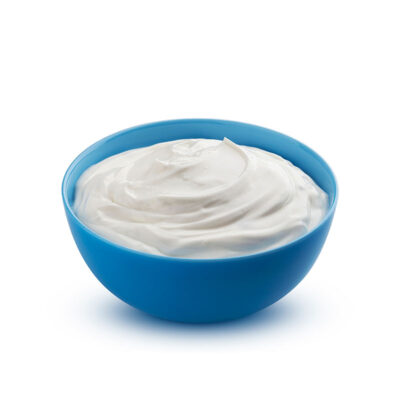
Yogurt is a fermented dairy food that offers numerous health benefits due to its protein, calcium, and probiotic content. Eating yogurt promotes bone health, helps lower blood pressure, and supports gut health.
#14 Low-fat cheese
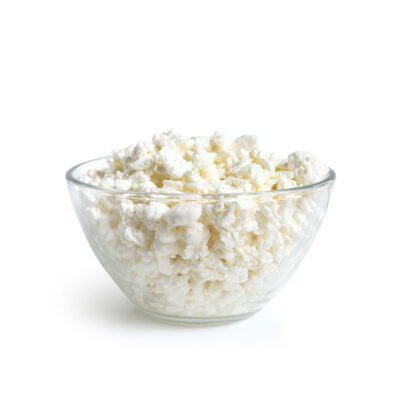
Cheese is rich in protein and calcium. However, like other dairy products, cheese is also high in saturated fat, which is linked to raised cholesterol levels. However, some studies suggest that eating cheese, especially low-fat cheese, may help to lower your risk of cardiovascular disease and diabetes.
#15 Milk
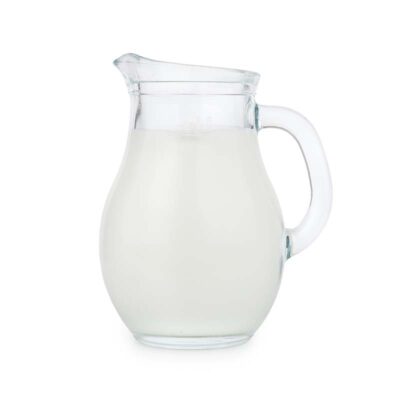
Drinking milk helps you meet your daily nutrient requirements as it contains protein, fat, carbohydrate, calcium, phosphorus, and potassium. Some milk is also fortified with vitamin D. It is beneficial for healthy bones, cardiovascular disease, weight loss, and type 2 diabetes.
#16 Eggs
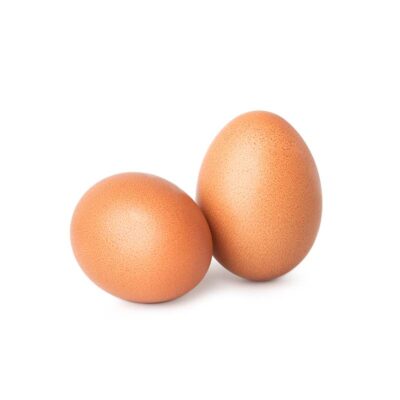
Eggs are a healthy food, but they should be consumed in moderation. Most research suggests limiting your intake to no more than 1 egg per day due their saturated fat content. However, they are also a source of healthy fats and other important nutrients, including choline, vitamin B7, folate, and lutein.
Legumes
Add legumes to your healthy food shopping list for their high levels of soluble fiber and plant protein. Use them as a side dish or a vegetarian meal to boost gut health, improve blood sugar control, and lower cholesterol.
#17 Beans
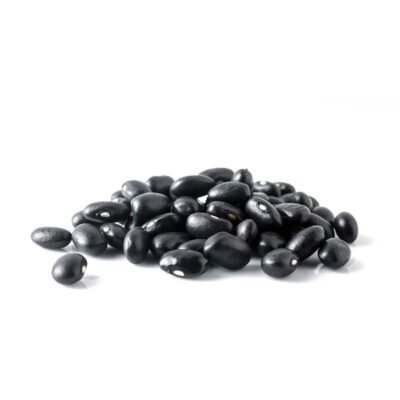
Black beans, kidney beans, or any other beans should form part of everyone’s diet. The nutrients present in this plant-based food are associated with improved gut health and chronic inflammation, as well as a reduced risk of heart disease, diabetes, and obesity.
#18 Lentils
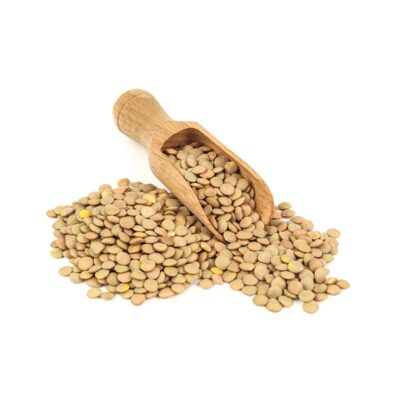
Lentils help control blood pressure, cholesterol, and blood sugar levels. Lentils are high in soluble fiber and resistant starch, as well as potassium, folate, and antioxidants.
#19 Peas
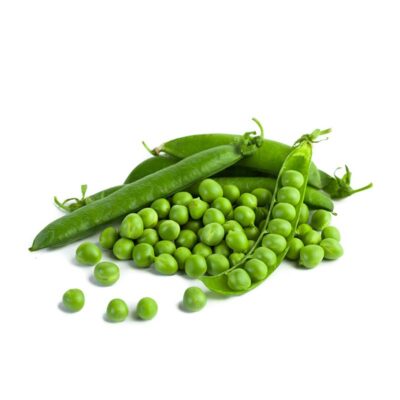
Research shows that peas have a low glycemic index which makes them an ideal food to add to your shopping list for controlling blood sugar and insulin levels. They are also good for gut and heart health due to their fiber content.
#20 Chickpeas
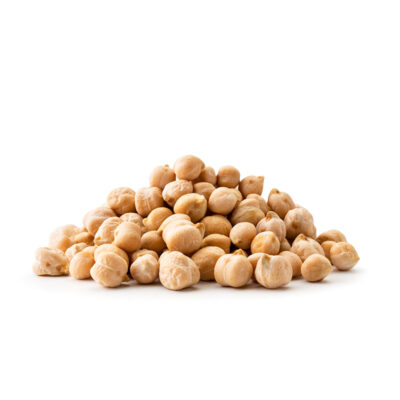
Chickpeas, or garbanzo beans, are a source of complete plant-based protein containing all of the essential amino acids. Chickpeas also contain calcium, iron, magnesium, and potassium and are beneficial for weight loss, heart and gut health, and blood sugar control.
Protein
Meat, fish, chicken, and plant-based protein foods are essential for maintaining the structure and function of the human body.
#21 Lean beef
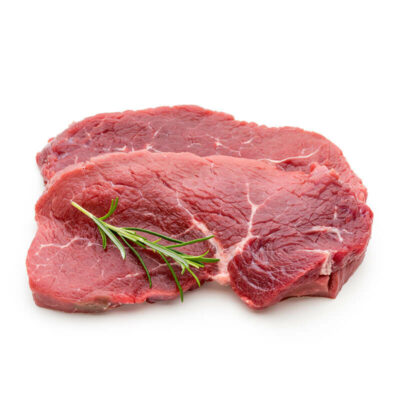
Red meat is typically high in saturated fat, and the consumption of fatty meat is associated with raised cholesterol and heart disease. However, eating small amounts of lean beef as part of balanced meals containing whole grains and vegetables does not have the same negative impact on your health.
#22 Chicken
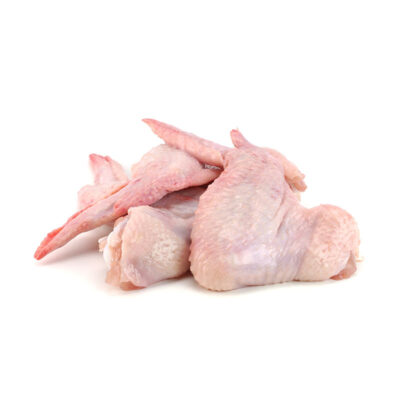
High-quality protein, B vitamins, and a selection of minerals make chicken a good choice for healthy eating. It contains less saturated fat than red meat, and eating chicken as part of a balanced diet is associated with good health in numerous research studies.
#23 Fish
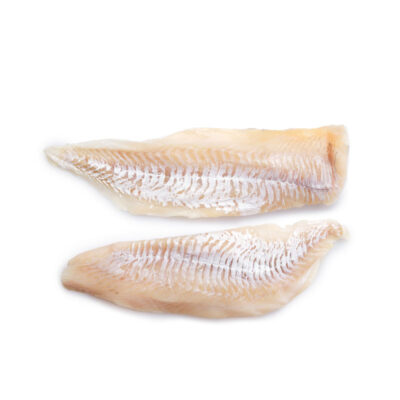
Eating fish such as haddock and pollock can help increase your intake of unsaturated fats. However, oily fish, like salmon, are a particularly good source of omega-3 fatty acids, which are good for brain and heart health.
#24 Tofu
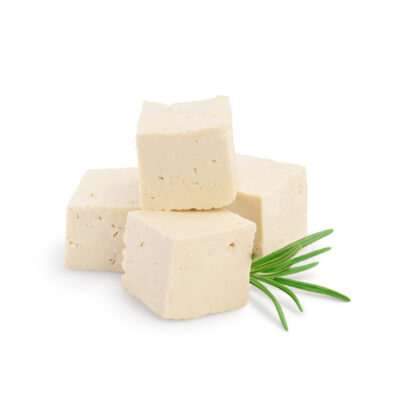
Made from soybeans, tofu is an excellent source of plant protein, polyunsaturated fat, calcium, iron, and vitamin A. It has been shown to reduce the risk of heart disease.
Nuts and Seeds
Nuts and seeds make healthy eating tastier. Add a selection of nuts, seeds, and nut butters to your weekly shopping list.
#25 Almonds
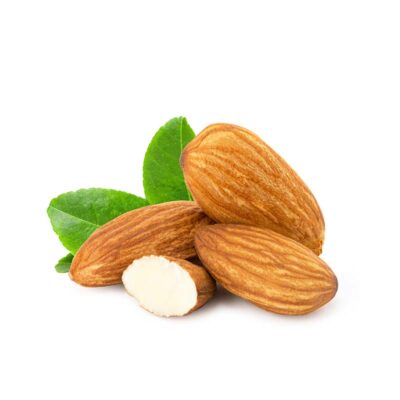
A source of unsaturated fats, almonds, like other nuts, are also rich in fiber and a variety of other essential nutrients such as vitamin E, zinc, and magnesium. They are good for bone health, lowering cholesterol, helping weight management, and blood glucose control.
#26 Walnuts
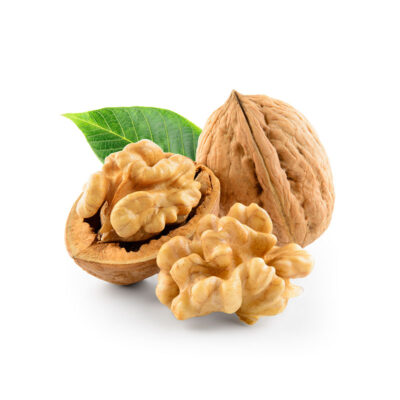
High in omega-3 fatty acids, eating walnuts can help reduce your risk of developing cardiovascular disease. They also support brain health by reducing inflammation and oxidative stress in the brain.
#27 Chia seeds
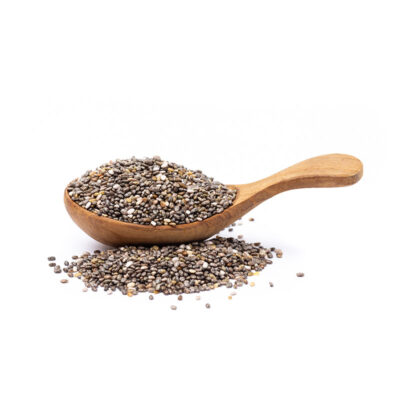
The greatest benefits of these nutrient-dense seeds come from the unsaturated fats and fiber they contain. Regularly consuming chia seeds can improve your cardiovascular and gut health.
#28 Flaxseeds
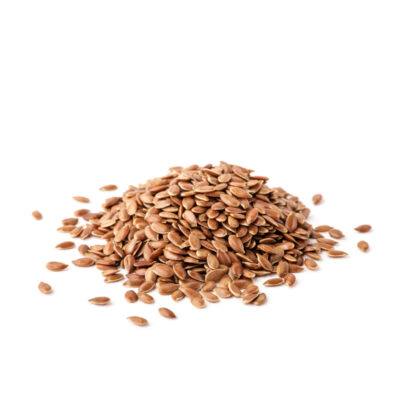
If you are looking for a vegan-friendly source of omega-3 fatty acids, look no further than flaxseeds. They are also rich in lignans, protein, fiber, and potassium.
Healthy Fats
Apart from nuts, seeds, and oily fish, there are other food sources of monounsaturated fats you should consider including on your shopping list. For example, olive oil, avocados, and olives are also great sources of unsaturated fatty acids.
#29 Olive oil

Olive oil, especially extra virgin olive oil, has been shown to reduce LDL cholesterol and increase HDL cholesterol levels due to its monounsaturated fat content. It also helps to manage blood pressure and has anti-inflammatory and antioxidant properties.
#30 Avocados
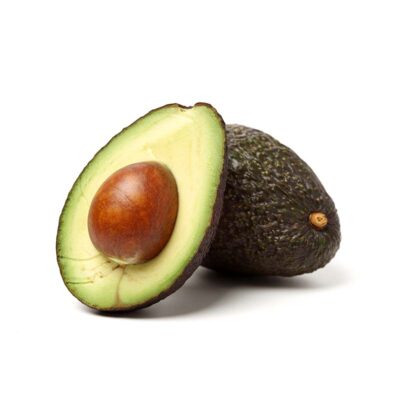
When you eat avocados, you are eating a nutrient-rich food that provides your body with monounsaturated fats, potassium, vitamin E, folate, and vitamins C and B6.
A Word From a Nutritionist
The cornerstone of healthy eating is a balanced diet that contains nutrient-dense foods from all food groups, including fruit, vegetables, whole grains, dairy products, legumes, protein, nuts, seeds, and good fats.
The healthy foods included in this list can help you stay healthy and reduce the risk of developing conditions such as heart disease, diabetes, and obesity.
When you regularly eat foods such as kidney beans, fresh herbs, olive oil, whole grain pasta, and lean meat, you will get more fiber, healthy unsaturated fats, vitamins, and minerals than if you eat a diet rich in processed foods.
FAQs
Yes. You can overeat healthy foods. Just because they are good for you doesn’t mean you can eat as much as you want. You must still be aware of your calorie intake.
Fruits, vegetables, legumes, nuts, seeds, whole grains, lean protein, and healthy fats should all be eaten daily.
Walnuts, fatty fish, leafy green vegetables, and berries offer omega-3 fatty acids and other anti-inflammatory and antioxidant nutrients that support brain health.
Conclusion
Healthy foods are found in all of the food groups. They are packed with nutrients and fiber and contain little saturated fat and no added sugars.
Get your daily dose of good nutrition by choosing whole grains, vegetables, and foods packed with healthy fats to boost your health and reduce your risk of chronic disease.

















































 Select your language:
Select your language: 









